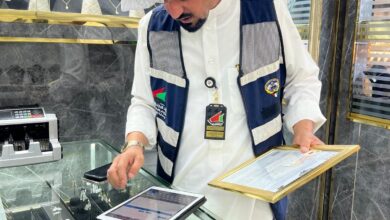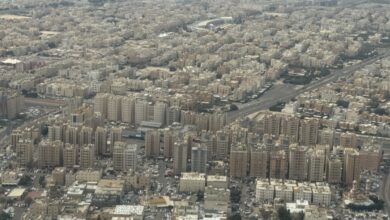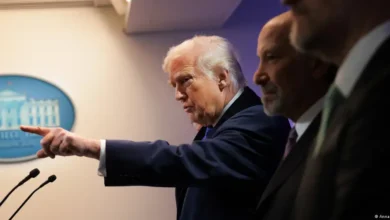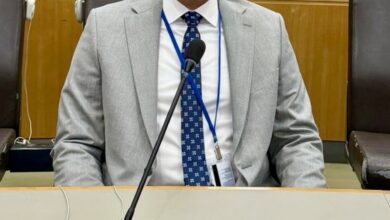
A powerful explosion was reported in central Tehran on Sunday afternoon, near Vali-e Asr Square, as Israel continued its airstrikes for the third consecutive day.
Iranian media shared footage showing smoke and widespread debris. The blast follows escalating exchanges between Iran and Israel, with Tehran reporting 78 deaths on the first day of the Israeli campaign and dozens more — including 29 children — on the second day, reports Al-Jarida.
In response to the violence, Iran canceled scheduled nuclear negotiations in Oman, which the U.S. had hoped would ease tensions.
Israel reportedly struck Iran’s Defense Ministry and energy sites, including the South Pars gas field —crucial to Iran’s gas production — causing fires and suspending operations. Iran also claimed Israel targeted the Shahrān oil depot and an oil refinery near the capital.
The Israeli military warned Iranians near nuclear facilities to evacuate immediately, citing safety concerns.
Israeli Prime Minister Benjamin Netanyahu vowed harsher strikes ahead, while former U.S. President Donald Trump warned Iran against targeting U.S. interests. Trump also said a peace deal could be reached soon, claiming, “I will make a deal between Iran and Israel.”
Iran launched new missile barrages Saturday night, triggering air raid sirens in Jerusalem and Haifa. Explosions were also heard in Tel Aviv.
Israeli authorities reported at least seven people killed overnight, including a 10-year-old child, and over 140 injured. Houthi militants in Yemen claimed to have targeted Jaffa with ballistic missiles.
At least nine people have been killed and over 300 injured in Israel since the beginning of Iranian retaliation. Iran has also threatened to strike regional military bases of countries aiding Israel and hinted at closing the Strait of Hormuz, a critical global oil passage.
As fears of a broader conflict mount, both sides show no signs of backing down, raising the risk of a prolonged and wider regional war.












